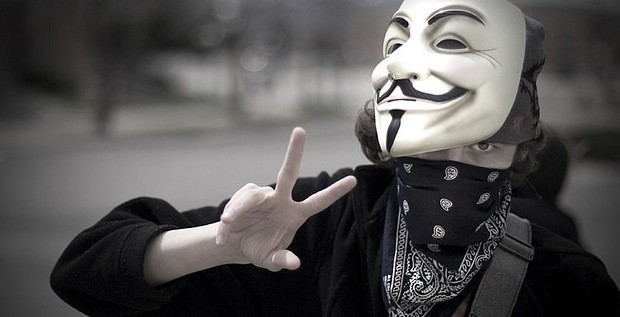UK Government Reneges On Censorship-Free Web Promise; Plans To Ban ‘Cyber-Criminals’ From The Web

 While the UK government maintains its stance that the British web should remain open and uncensored, measures are to be introduced to ban cyber-criminals from the web.
While the UK government maintains its stance that the British web should remain open and uncensored, measures are to be introduced to ban cyber-criminals from the web.
The UK’s cyber-security strategy released on Friday spells out the increased use of “cyber-sanctions”, where those who misuse the Internet for criminal means could be barred from accessing social networks, including Facebook and Twitter, as well as other web based services.
Currently awaiting trial, similar orders have been imposed on alleged members of LulzSec and Anonymous, after a series of websites and government departments came under attack by the hacking groups earlier this year.
These measures were hinted at by Theresa May, the UK’s home secretary in Parliament earlier this month, proposing new measures that would result in those who riot or commit disorder through means of social networks could face bans from these services.
But plans to introduce ‘cyber-tagging’ technology could be used to inform the authorities when banned Internet users break their bail or sentencing conditions by accessing the web.
But the UK government has not learned its lesson after a backlash from industry leaders, including Facebook, Twitter and BlackBerry maker Research in Motion, after the British prime minister David Cameron considered “turning off” social networks amid widespread rioting, that hit the British capital and other major cities over the summer.
Against popular opinion, two-thirds of Britons would support a social media ’shutdown’ in cases of future riots, civil disorder and widespread violence.
On page 30 of the cyber-security strategy, it explains in more details:
4.28 In addition, the Ministry of Justice and the Home Office will consider and scope the development of a new way of enforcing these orders, using ‘cyber-tags’ which are triggered by the offender breaching the conditions that have been put on their Internet use, and which will automatically inform the police or probation service. If the approach shows promise we will look at expanding cyber-sanctions to a wider group of offenders.
Through the UK’s anti-piracy legislation, the Digital Economy Act, web providers will be forced by law to send notifications to alleged pirates if they are found to be infringing copyright. The law can be used to restrict citizens’ access to the web should they fail to comply with copyright infringement notifications.
But until the ‘code of practice’ terms are made public, notifications are not legally enforceable, Internet analyst Dr. Monica Horten told ZDNet last week.
On page 26, it highlights:
At home we will maintain an effective legal framework and enforcement capabilities to disrupt and prosecute cyber crime. We will make it easier to report cyber crime and ensure that the intelligence from reporting is fed back into effective action and advice to the public. Where appropriate we will use cyber-relevant sanctions to tackle cyber crimes like online bullying or Internet scams.
But Joanna Shields, vice-president of Facebook in Europe, ruled out last month that the UK government would ever shut off access to social networks.
In response to Cameron’s plans to shut down access to social networks amid future disruption, she said: “I don’t think that is ever going to happen”.
Foreign secretary William Hague was reportedly critical of the prime minister’s comments, opposing the plan to censor social networks amid further civil unrest or riots.
Britain does not have firm freedom of speech or expression laws, unlike the United States, whereby these core human rights and liberties are constitutionally bound.
The UK law that governs such rules is the Human Rights Act, rolled down by Europe as part of a wider directive. Even with such provisions, paragraph 2 of the Act outlines where lawful restriction of freedom of expression, not excluding in the “interests of national security” or for the “prevention of crime or disorder”.
While the UK’s coalition government continues to work for a free and open web, with Cameron stating at a cyber-security conference last month that, “governments must not use cyber security as an excuse for censorship”, the government is pushing forward seemingly reneging on this promise.
Arguably, though the British web is censored from child abuse imagery through the Cleanfeed filtering service, the rest remains open.
But does web censorship relate to websites being blocked, or from users being restricted from using the web, or both?


